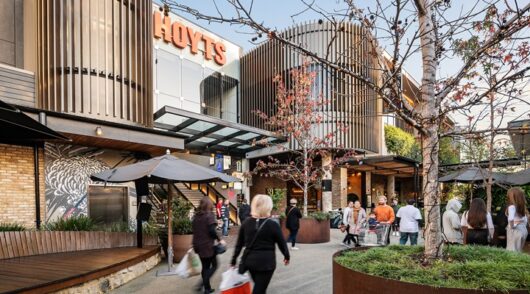
The fear of widespread coronavirus outbreaks has rattled Australians, with people worried about a deeper economic recession and a major spike in unemployment.
The monthly Westpac-Melbourne Institute consumer sentiment index – a pointer to future retail spending – fell 9.5 per cent in August.
It’s now back down towards the low of 75.6 points in April, when Australia entered a national lockdown.
“The scale of the falls comes as a major surprise,” Westpac chief economist Bill Evans said on Wednesday.
The biggest shock was in NSW where sentiment collapsed by 15.5 per cent, well above the 8.3 per cent fall in Victoria.
Even in Queensland there was an 8.1 per cent fall.
“This emphasises the fear of the unknown,” Mr Evans said.
Views on the performance of the economy during the next 12 months recorded the biggest decline, slumping 19 per cent to be down more than 30 per cent since June.
Expectations about unemployment also jumped 14.6 per cent.
“Consumers across the nation appear to have been rattled by the developments in Victoria and fear that other states may also succumb to the second wave outbreak,” Mr Evans said.
But he believes these fears are overblown and will ease in coming weeks.
The more frequent weekly ANZ-Roy Morgan consumer confidence gauge has dropped for seven weeks in a row.
The National Australia Bank monthly business survey also showed confidence tumbling into negative territory, suggesting governments may need to extend supports until the economy is back on track.
Key wage growth data due on Wednesday is unlikely to inspire glum consumers.
The latest wage price index – used by the Reserve Bank and Treasury to gauge wages growth – is expected to show a slim 0.3 per cent rise in the June quarter.
This would take the annual rate below two per cent.
A record-low 1.8 per cent was set in 2016/17.






